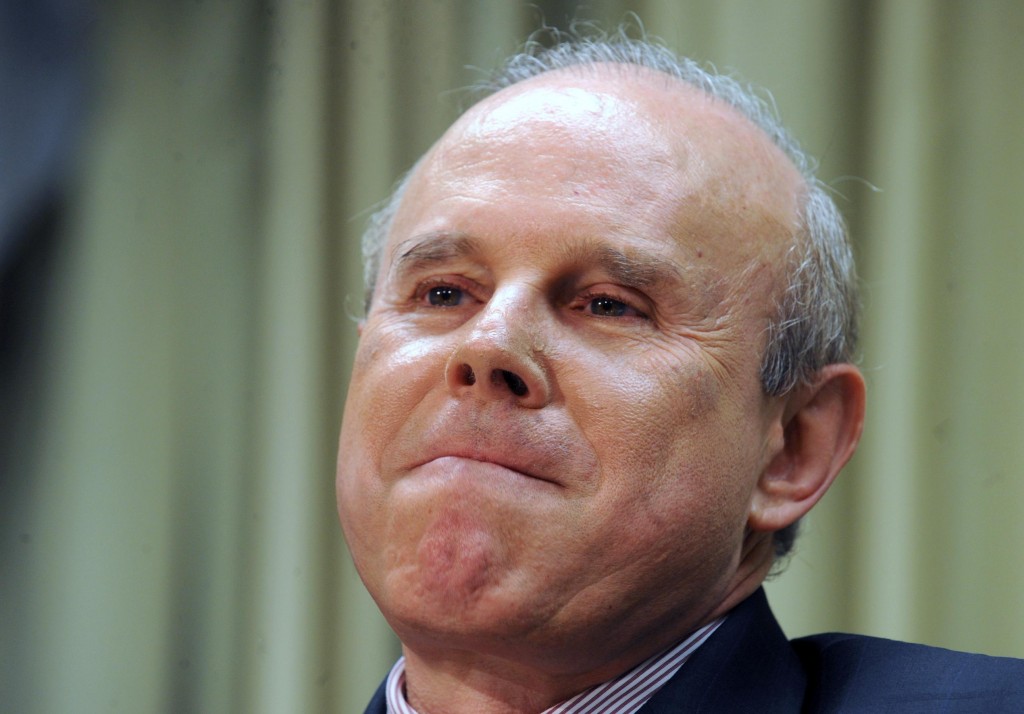 “We’re in the midst of an international currency war,” declared Brazil’s Finance Minister, Guido Mantega, this past Monday.
“We’re in the midst of an international currency war,” declared Brazil’s Finance Minister, Guido Mantega, this past Monday.
Minister Mantega was referring to Brazil’s ongoing struggle to maintain a competitive exchange rate for its exports as other developing nations aim for the same. Although most analysts have recognized the “currency war” for some time, Minister Mantega’s comments represent one of the most vocal recognitions of this conflict by a public official.
The comments follow the Real’s appreciation by 35% against the dollar since the beginning of 2009 and the central bank’s purchase of $1 billion USD a day for much of the past two weeks (or about 10 times its daily purchasing average in recent months) in order to keep the Real’s value down.
Last week’s $67 billion share-issue by Petrobras – the largest in history – has spurred even greater demand for the Real and is partly responsible for the Brazilian central bank’s purchase of U.S. treasury bonds as of late. The growth of Brazil’s economy, and its attractiveness to foreign investors, is sure to keep pressure on the Real to appreciate and prompt action by Brazilian policy-makers in turn.
Minister Mantega warned that the Brazilian government has “an arsenal of instruments” to fight against the Real’s strengthening and keep it competitive as other countries seek to do the same. Minister Mantega was undoubtedly responding to the increased intervention in the currency markets by other export-led economies – like China, South Korea, and Japan – who rely on a strong dollar to keep their export industries afloat.
Brazil is already the third single largest holder of U.S. treasury bonds, after China and Japan, and will continue to purchase “any excess dollars in the market,” according to Mr. Mantega. Other instruments in Brazil’s “arsenal” include it’s sovereign wealth fund, which has been armed with 17.9 billion Real (10.5 billion USD) to buy dollars off the currency markets (but has reportedly yet to do so), as well as raising its Iposto sobre Operações Financeiras (IOF) or tax on foreign capital (currently at 2%).
It is expected that Minister Mantega will raise Brazil’s IOF following the first round of elections on October 3rd to support the central bank’s efforts on the currency markets and give teeth to his warnings. Nevertheless, without global coordination on current and future currency valuations – and little political will to tackle the issue at the November G20 meeting in South Korea – the “currency war” is expected to continue.
(Photo: Photo Agencia Brasil)